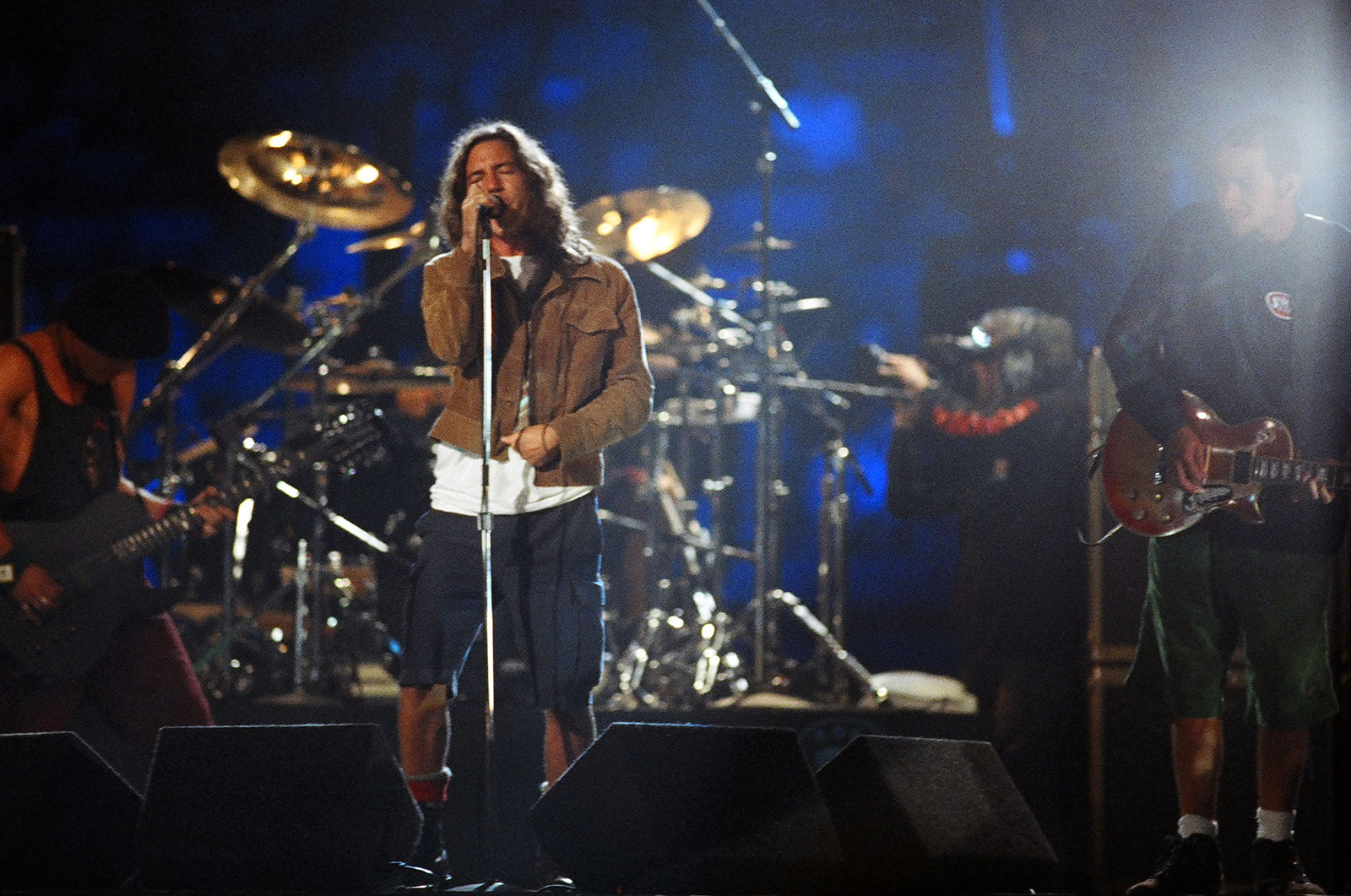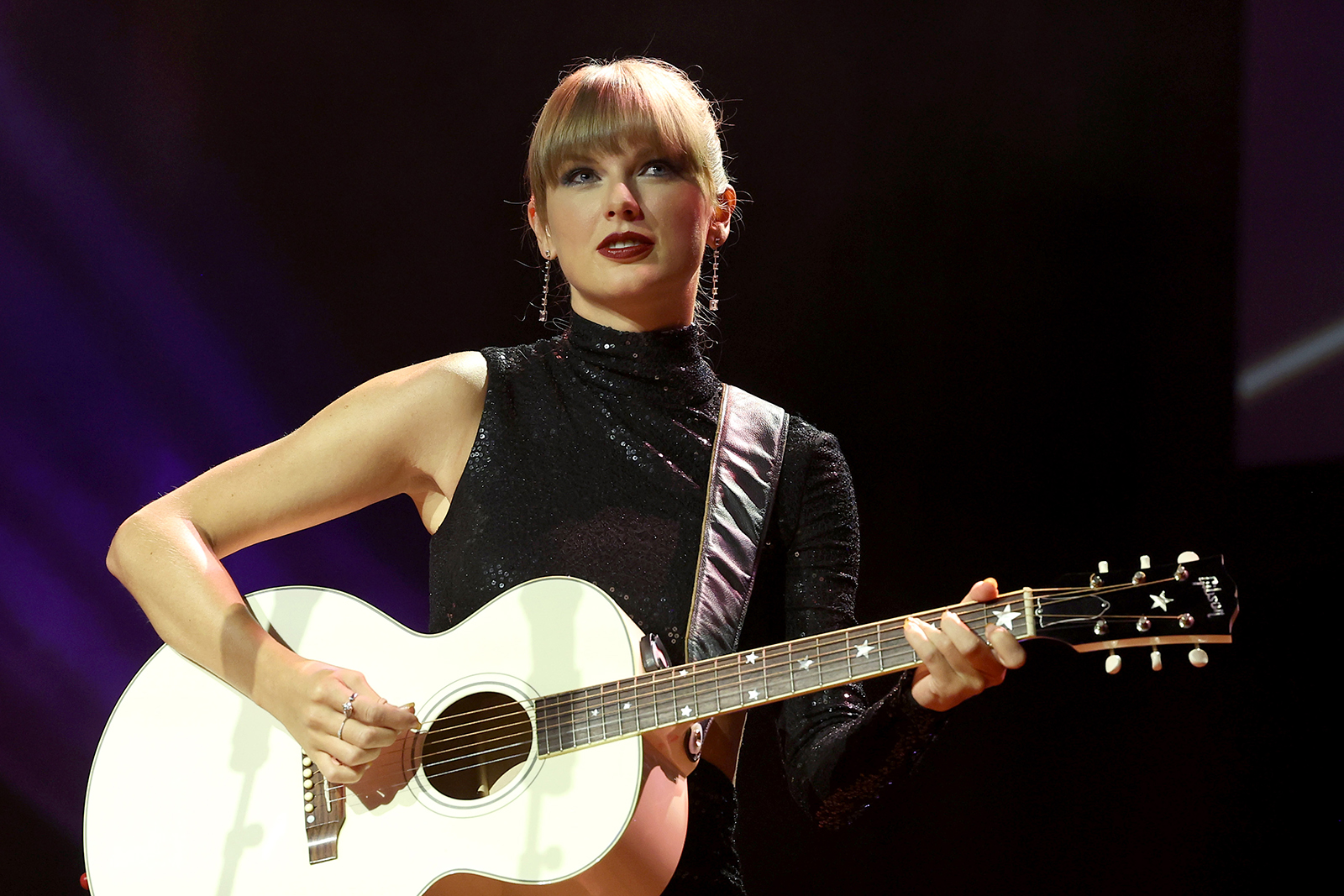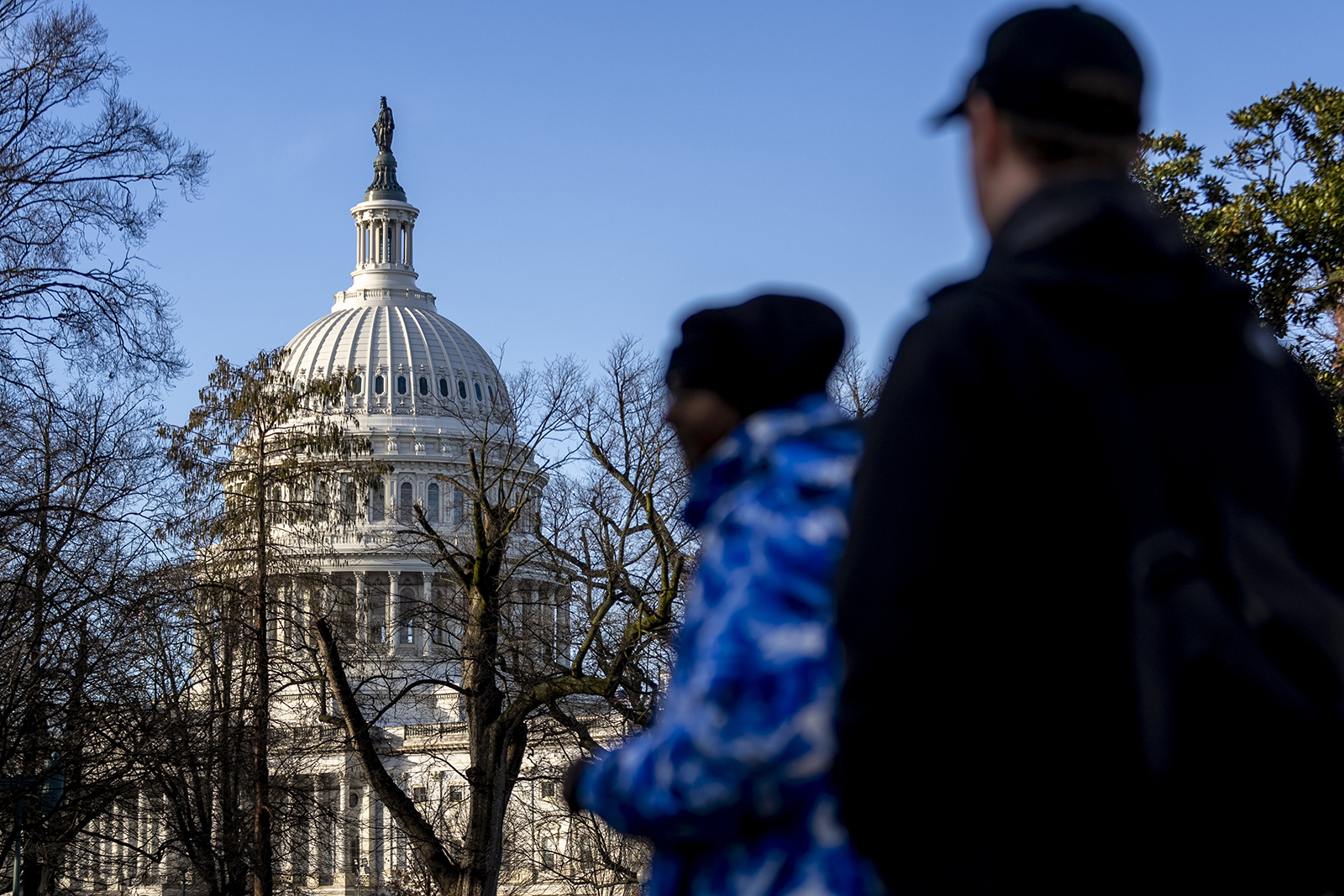A top Ticketmaster executive plans to blame "industrial scalpers" for recent online ticketing snafus and will call for legislation to rein in those bad actors, according to a copy of his prepared congressional testimony.
Joe Berchtold, the chief financial officer of Ticketmaster parent Live Nation, will tell lawmakers Tuesday that a surge of automated bots targeting the Taylor Swift ticket sale forced the company to "slow down" its operations.
"We knew bots would attack that onsale, and planned accordingly," according to Berchtold's prepared remarks. "We were then hit with three times the amount of bot traffic than we had ever experienced, and for the first time in 400 Verified Fan onsales they came after our Verified Fan access code servers. While the bots failed to penetrate our systems or acquire any tickets, the attack required us to slow down and even pause our sales. This is what led to a terrible consumer experience that we deeply regret."
Berchtold acknowledged that Ticketmaster could have mitigated the disaster by spacing out the release of tickets over a longer period of time, and by "doing a better job setting fan expectations."
"Let me be clear that Ticketmaster accepts its responsibility to be the first line of defense against bots in this ever-escalating arms race," he added, before pleading with lawmakers for "real reforms" to limit the impact of scalpers. That could include, he said, giving Ticketmaster and other private actors the legal right to sue scalpers for violations of the Better Online Ticket Sales Act, which bans the circumvention of ticketing providers' integrity programs.





